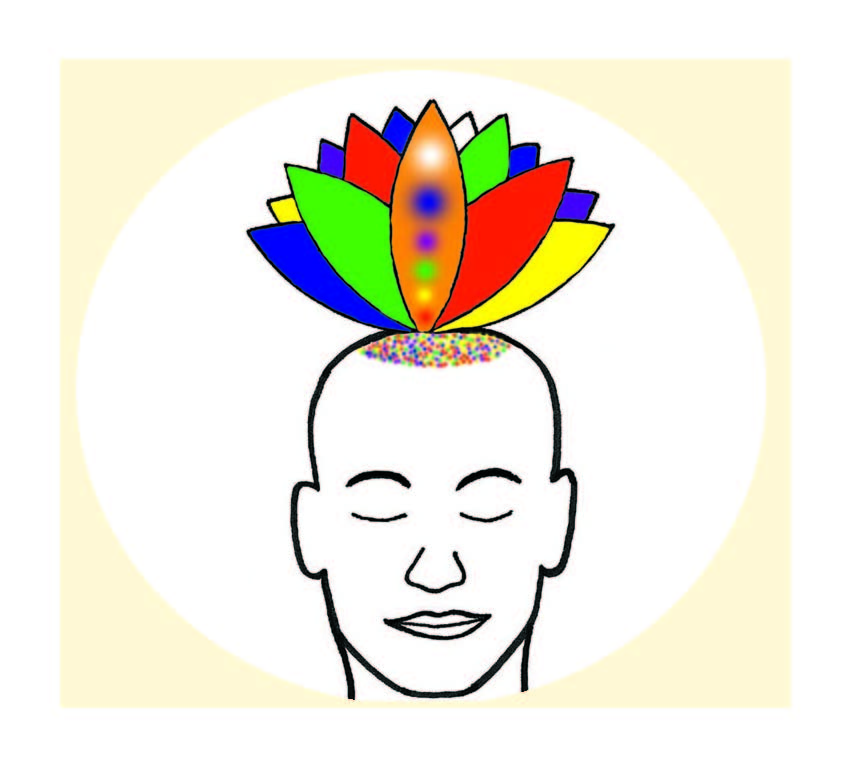
Meditation can help with Anxiety
Meditation can help with Anxiety.
Generalised anxiety disorder may be on the increase in 21st century Britain. Anxiety is characterised as a feeling of unease, such as fear or worry, which can be mild or severe. Often these feelings are about everyday life situations.
Of course everyone will have feelings of anxiety at some point in their life journey. It might be feeling anxious and worried about visting the doctor or dentist, taking an exam or attending a job interview. Of course, parental anxiety is common to all cultures. To some extent feeling anxious in these situations is perfectly natural and normal.
However people with symptons of generalised anxiety disorder (GAD) may find these feelings uncontrollable and they can’t stop themselves worrying about school, work, family, money or health. Sometimes the worries are about past events, sometimes they are anxious about the future.
Often for those with anxiety disorder, the worry may be out of proportion or unrealistic for the situation being faced. Simple daily life can turn into a constant state of fear, worry and dread. In the UK (GAD) affects about 1 in 20 of the adult population and according to studies slightly more women then men are affected, whilst it seems the condition is most common to young adults in their 20s.
For those affected, eventually the anxiety so dominates the person’s thinking that it begins to interfere with daily functioning. So much so that it may become difficult to carry out everyday daily tasks at work, school or in a social setting and relationships across the board can suffer.
All this makes it difficult to relax or rest, physically one can become exhausted and tired due to the constant tension in the body and sleep can be affected due to the continuous stream of fearful thoughts. Flair up’s can occur at any time. It might be a simple noise which triggers an attack. There can be good days followed by bad days. The emotional helplessness and feelings of dread can make some feel tearful everyday. Coping with the simple things can be a real strain and feelings of panic or sickness can be overwhelming. All of this only serves to further undermine confidence & self esteem. It can be a real uphill battle, day in, day out. The attention drifts towards what is the worst that can happen and that then becomes the most feared thing.
Some of the common symptoms of Anxiety are as follows:
1. Stressing out, excessive worrying & tension over past of future events
2. General irritability, reacting to things, overreacting to things
3. Feeling on edge, restlessness, nervousness
4. Tension in the muscles, shoulders, muscles aching
5. Headaches
6. Clammy, sweaty hands – hot flushes
7. Feeling sick, nausea
8. Tiredness, exhaustion
9. Difficulty focusing, concentrating
10. Difficulty falling asleep. Waking up in the night.
11. Being easily startled by noises
12. Feeling overwhelmed by negative thoughts, unable to stop excessive thinking, feelings of dread.
13. Having an unrealistic view of difficulties and problems
14. Trembling, heart racing, breathlessness
15. Emotional helplessness and distress
16. Need to visit the bathroom frequently
Beneficial affects of Yoga & Meditation
Although the original goal of Yoga & Meditation is spiritual growth, important therapeutic side effects on physical and mental health have attracted medical research.
The state of thoughtless awareness experienced in Sahaja Yoga has thus been shown to elicit important beneficial changes in the body and the brain and has therapeutic effects on a wide range of disease processes.
A study conducted at the University of Vienna in 1995 found a beneficial and significant effect of the practise of Sahaja Yoga Meditation on state and trait anxiety in healthy adults.
A small group of 37 adults were taught Sahaja Yoga Meditation over an eight week period and compared to a control group of 32 adults who received no intervention or treatment and also a group of 32 adults who had to listen to the music of Mozart.
The group who practised the Sahaja Yoga Meditation technique showed a significant reduction in their levels of state and of trait anxiety copared to both the control group and the group that listened to Mozart.
Hackl, W. (1995) Die Auswirkungen von Sahaja Yoga auf das Drogenkonsumverhalten (The effect of Sahaja Yoga on drug consumption). Doctoral thesis submitted to the University in Vienna, 1995.
Attend a Free weekly Meeting and receive your Self Realisation
Each week across London many people experience this actualisation at one of the many free meditation classes on offer. You can join a class in any of the following – Free Meditation Classes in London
Register to receive the Sahaj eNewsletter
Keep up to date with our latest news, events and dates for Special One Day Retreats by registering to receive our eNewsletter- there are 4-6 issues per year. Register to receive the Sahaj eNewsletter
You are welcome to join us anytime in 2016 as we gather to achieve Yoga and enjoy the state of meditation.
What to expect at weekly meetings – 21 Frequently Asked Questions



Leave a Reply